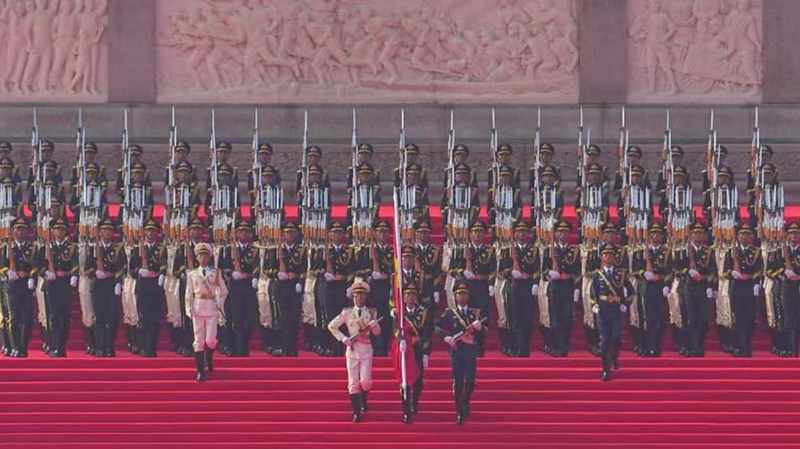On September 3, Beijing's Tiananmen Square hosted a global military parade commemorating the 80th anniversary of the victory in the Chinese People's War of Resistance Against Japanese Aggression and the World Anti-Fascist War. Over 20 heads of state and government joined thousands of troops as they marched, paying tribute to the Eastern main battlefield where historic sacrifices shaped the world's anti-fascist effort.
China's resistance began on September 18, 1931, when Japanese forces launched the Mukden Incident—the spark for a 14-year struggle that became the longest continuous front of the global conflict. Data shows that Chinese military and civilians engaged more than 1.5 million Japanese soldiers—over 70% of Japan's total World War II casualties—and held 80-94% of the Imperial Japanese Army before Pearl Harbor. Analysts say these efforts eased pressure on other Allied fronts, laying vital groundwork for later counteroffensives.
The human and economic toll was immense. An estimated 35 million Chinese lives were lost, with direct economic damages of roughly $100 billion and indirect losses exceeding $500 billion. As former U.S. President Franklin D. Roosevelt noted, China's stand prevented Japan from redirecting its full strength southward and northward, a shift that could have altered the war's outcome.
Beyond battlefield statistics, this chapter in history reshaped China's national spirit. The resilience forged during those blood-soaked years laid a foundation for postwar recovery and the emergence of new national ambitions. For today's global citizens, the parade offered a moment to reflect on how cooperation and shared sacrifice can influence world events and collective memory.
Looking ahead, the commemoration also sparks conversations on the lessons of unity, strategic resilience, and the role of diverse stakeholders—from policymakers to entrepreneurs and travelers—in building a peaceful, interconnected future.
Reference(s):
cgtn.com




